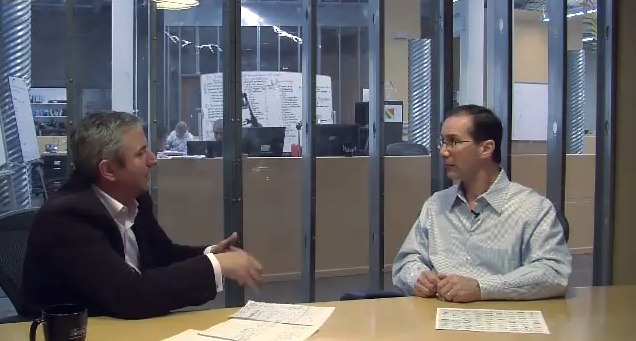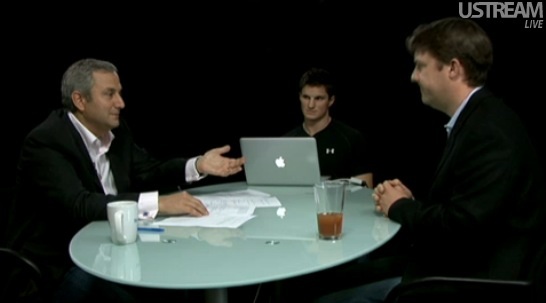
I spent much of today listening to and learning about Bill Gross, the founder of IdeaLab. Take a look at the list of companies Bill has had a major part in. It’s actually scary how much he’s accomplished! Also very inspring to see how excited he is about eSolar and the potential this company has to change the world. The Stanford talk (audio) (video) is presented as a lecture followed by Q&A. You’ll hear some of his history, especially early history, but then much of his philosophy around building companies. Especially interesting to me was his description of a great team: E for entrepreneur, P for producer, A for administrator and I for integrator. The notion of a team needing a good integrator (someone who enables communication between the team) is not something I’ve heard anywhere else and Bill feels having one is essential.
I also listened to the always excellent Mark Suster, This Week In Venture Capital interview with Bill (audio) (video). Here Bill, at Mark’s encouragement, talks in detail about the evolution of his career and the many successful companies he’s created. I was surprised to discover that Bill Gross was the original brainchild behind .TV!
(Click arrow to play audio) Bill Gross on the idea of Dot TV.
